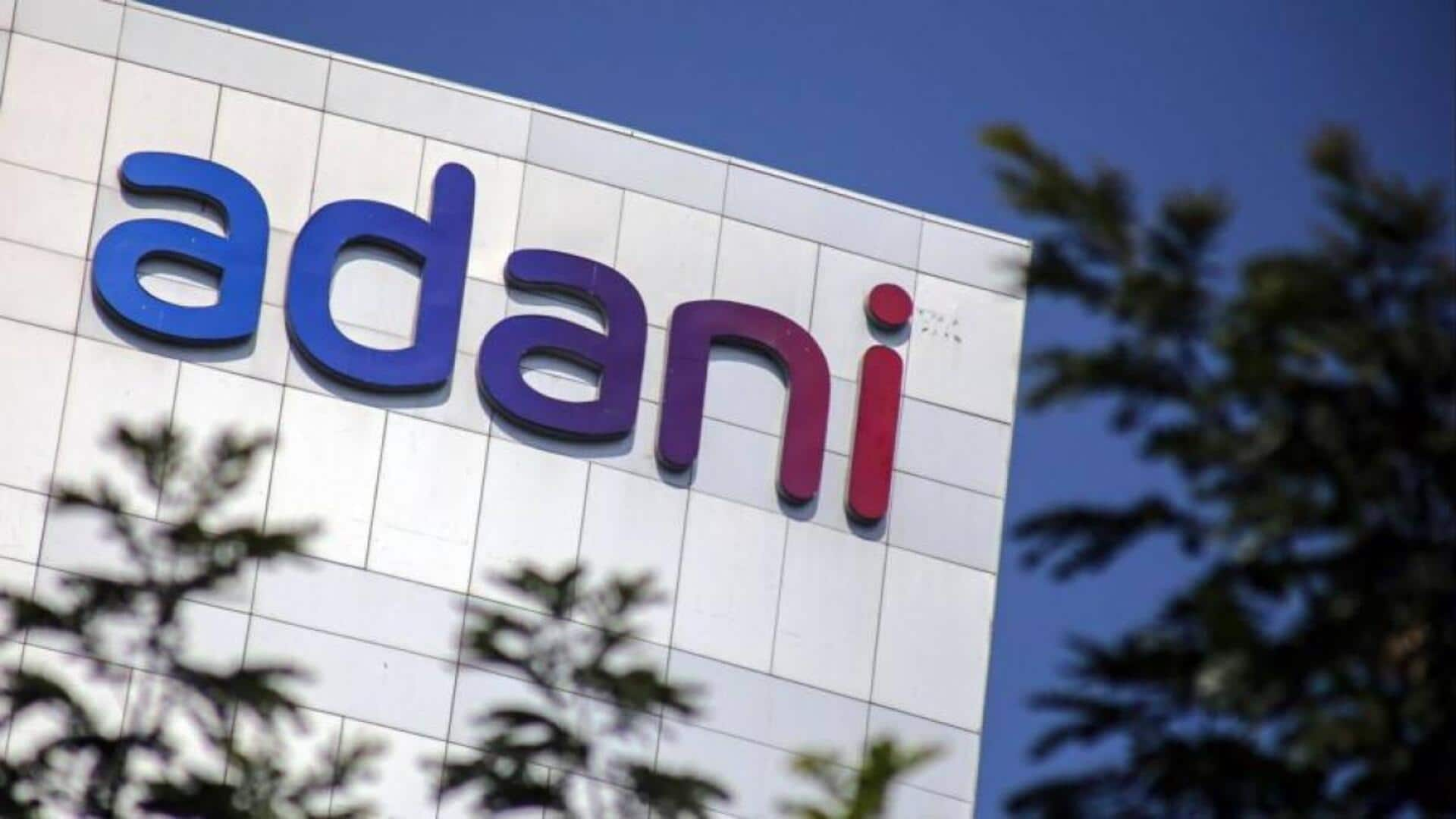
Adani urges Bangladesh to clear power bills of $800 million
What's the story
Adani Power, a subsidiary of Adani Group has pledged to maintain an uninterrupted power supply to Bangladesh, despite the country's current outstanding payments surpassing $800 million (around ₹6,714 crore). However, the company has urged Bangladesh's interim government to expedite the settlement of these dues. This request comes as Adani faces increasing pressure from its lenders for debt repayment, associated with the construction of their power plant in India.
Business agreement
Adani's exclusive contract with Bangladesh
Adani Power's 1,600MW Godda plant in Jharkhand has an exclusive supply contract with the Bangladesh Power Development Board (BPDB). The company bills BPDB an average of $90 to $100 million monthly for this service. In November 2017, a 25-year power purchase agreement (PPA) was signed between the two parties, committing Adani to supply approximately 10% of Bangladesh's peak power demand from its plant.
Project details
Godda power project consistently providing electricity
The Godda power project, with a total cost of $2 billion, is India's first commissioned transnational power project. It exclusively supplies its generated power to the neighbouring country. Since June 2023, the plant has been consistently providing electricity to Bangladesh. Despite a decrease in net debt and finance costs for Adani Power as of June 30, the company witnessed a significant drop in net profit by 55.33% in Q1 of 2024-25 fiscal year compared to the same period last year.
Expansion
Adani Group's diverse operations and Bangladesh's financial challenges
Beyond power supply, the Adani Group also manages edible oil refineries and rice packaging units in Bangladesh. According to Bloomberg, the country is currently facing economic difficulties with its foreign exchange reserves depleting to $20.5 billion as of July 31, enough only for about three months of imports. To mitigate these challenges, the interim government is seeking additional loans from the International Monetary Fund (IMF) beyond a $4.7 billion program.